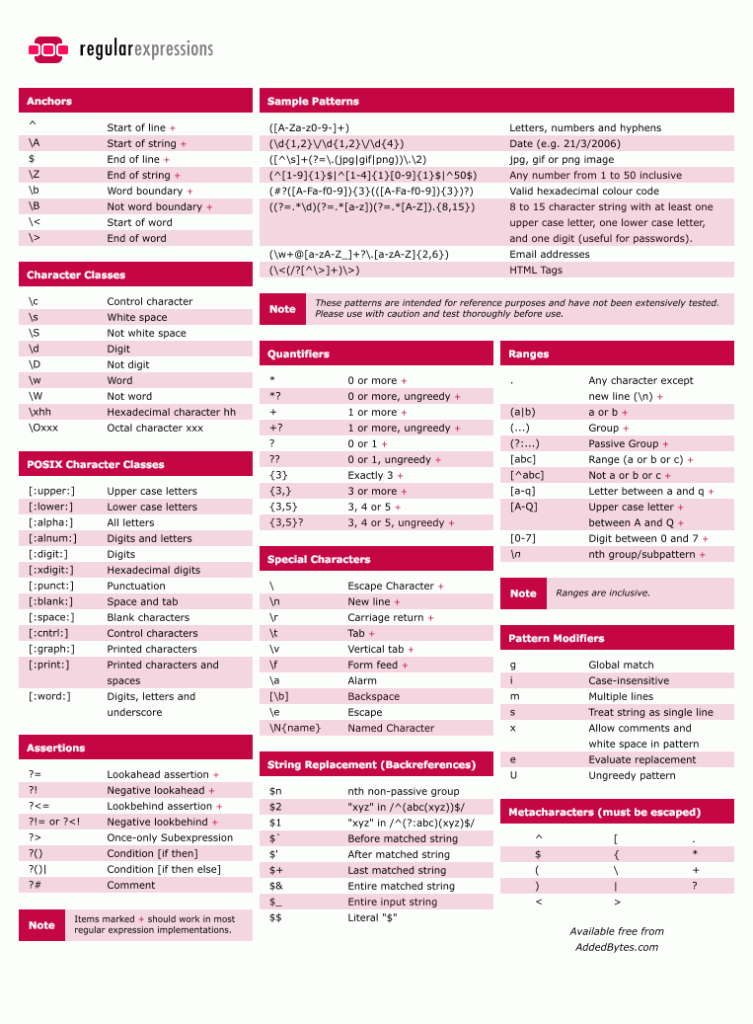
In other words: “regex” is applied as if you had written “^regex$” with start and end of string anchors.

It is important to remember that String.matches() only returns true if the entire string can be matched. MyString.matches("regex") returns true or false depending whether the string can be matched entirely by the regular expression. For performance reasons, you should also not use these methods if you will be using the same regular expression often. The downside is that you cannot specify options such as “case insensitive” or “dot matches newline”. The Java String class has several methods that allow you to perform an operation using a regular expression on that string in a minimal amount of code. Java 13 allows infinite quantifiers inside lookbehind. Java 7 adds named capture and Unicode scripts. Java 6 fixes a few more bugs but doesn’t add any features. Java 5 fixes some bugs and adds support for Unicode blocks. Unless you need to support older versions of the JDK, the package is the way to go. Its quality is excellent, better than most of the 3rd party packages. I will only discuss Sun’s regex library that is now part of the JDK. Because Java lacked a regex package for so long, there are also many 3rd party regex packages available for Java. Regular Expression Test Page for Java Helpful for checking if your regular expression is working before taking it to code.Java 4 (JDK 1.4) and later have comprehensive support for regular expressions through the standard package.Patterns for capturing groups can be tricky to be understood, but with the help of named groups we can make it more meaningful for yourself in the future and for other developers. Regular expressions are a powerful tool that can be used in almost any modern language.

Tests can be run again to check everything is working as before but this time we know which are the parameters we are passing to the constructor and the purpose of the groups that are been captured all thanks to the flexibility of named groups in regular expressions in Java. class ) public void given_invalid_remotePath_when_parseExportListInfo_then_fail () Thats how I arrived to this pure ( expected = MegaInvalidResponseException. So basically what I wanted were the group 1 and 2. I expected to have as the first group ( 0) the whole string.

Outside this group it expects a closing parenthesis. (http?://mega.nz/#.+)\) expects at the beginning an http or https url that belongs to the domain mega.nz and has a subpath that starts with a #.

The irrelevant content finishes when the prefix of the public link is found: link: …


 0 kommentar(er)
0 kommentar(er)
